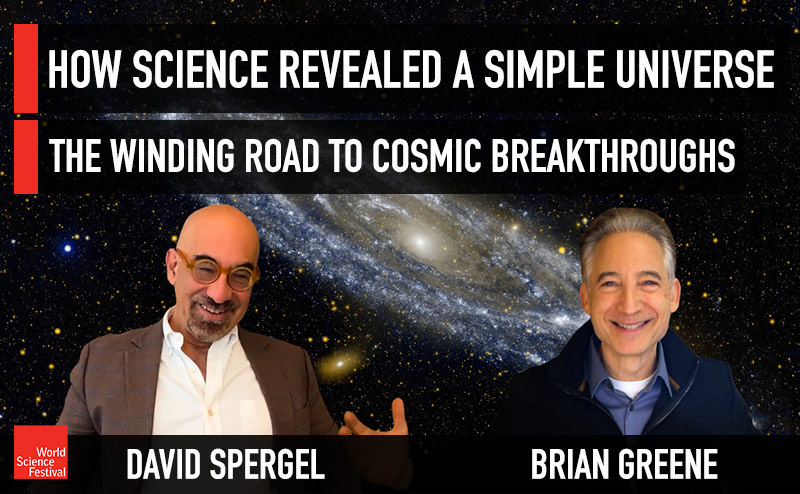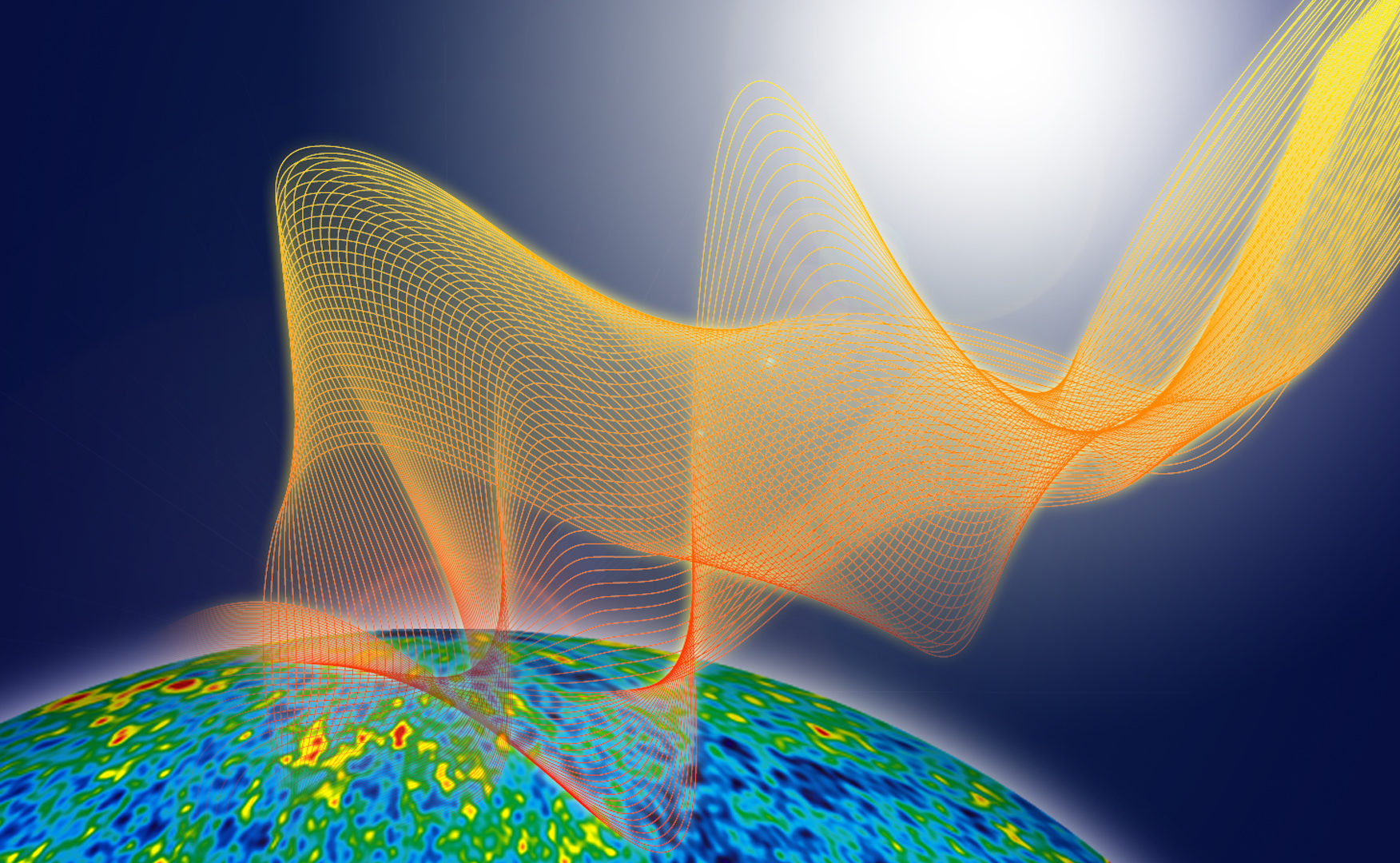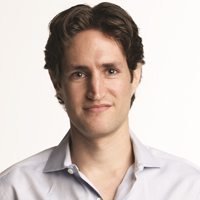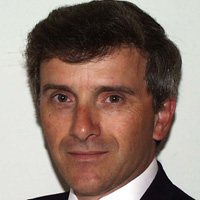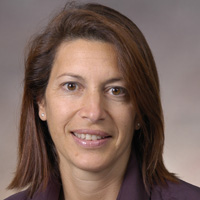David Spergel

David Spergel studies the big questions in cosmology and astrophysics: How large is the universe, and what is its shape? Is it finite? What are the dark matter and dark energy that comprise most of the universe’s mass? How did our galaxy form and evolve? Do nearby stars harbor planets like our own Earth, and did life originate on Earth or come from those nearby stars?
Spergel is the president of the Simons Foundation and the Charles Young Professor of Astronomy Emeritus at Princeton University. He is a leader of the Simons Observatory, which will study the microwave sky and probe the history of the universe with a planned millimeter-wave telescope and was the founding director of the Center for Computational Astrophysics at the Flatiron Institute.
He is renowned for his work as a member of the science team for NASA’s Wilkinson Microwave Anisotropy Probe (WMAP) mission, which maps out the universe’s cosmic microwave background radiation. WMAP data is a cornerstone of the standard model of cosmology and has been used to determine the age of the universe, the density of matter in the universe and how it fluctuated to form the first galaxies. Spergel currently serves as co-chair of NASA’s Wide Field Infrared Survey Telescope (WFIRST) science team, which will survey the universe with a field of view that is over 100 times greater than that of the Hubble Space Telescope.
Spergel has received a number of awards for his work, including the Breakthrough Prize in Fundamental Physics, the Dannie Heineman Prize for Astrophysics, the Gruber Cosmology Prize, the Shaw Prize in Astronomy, and a MacArthur Fellowship. He is a fellow at the American Physical Society and the American Academy of Arts and Sciences, as well as a member of the National Academy of Sciences. In 2014, he was named one of one of Nature’s “Ten People Who Mattered This Year” and in 2013 one Time magazine’s “25 Most Influential People in Space”.







 Share
Share